Ethan M. Raisel describes the research and problem-solving processes used by McKinsey & Company, a well-known corporate consulting firm. The book offers easily digested advice, particularly in its insightful section on conducting interviews. However, because confidentiality agreements prohibit McKinsey consultants from discussing the specifics of their cases, the book lacks real-world examples of the firm’s problem-solving approaches. Still, managers seeking helpful inside tips will find plenty to consider.
The McKinsey & Co. consulting firm promotes clarity of thought and expression. Every document uses the MECE rule: “mutually exclusive and collectively exhaustive.”
Companies worldwide hire McKinsey & Company, a well-known corporate consulting firm, for its problem-solving expertise. McKinsey experts credit the firm’s success to the use of its proven guidelines for problem-solving. Those guidelines include techniques you can use, including standard ways to think about problems, gather information, and present findings to clients.
McKinsey promotes clear expression by demanding that every piece of communication follows the MECE rule, short for “mutually exclusive and collectively exhaustive.”
- Mutually exclusive – McKinsey distinctly and separately considers each component – or issue – that makes up a problem.
- Collectively exhaustive – Consultants make sure that the list of items they cover thoroughly addresses the problem at hand.
Ignoring the MECE rule leads to confused thinking.
When tackling a problem, write an initial hypothesis and then embrace the ...
Ethan M. Raisel worked for McKinsey & Company from 1989 to 1992. His clients included major financial, telecommunications, technology, and consumer goods companies. He also wrote The McKinsey Mind and McKinsey Management Techniques.









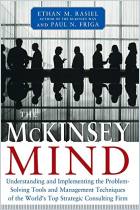
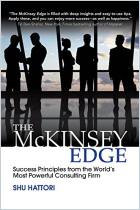
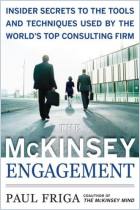
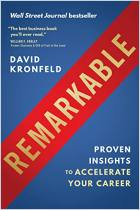
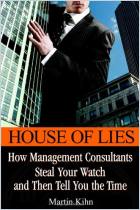
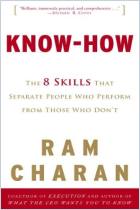





Comment on this summary or Start Discussion